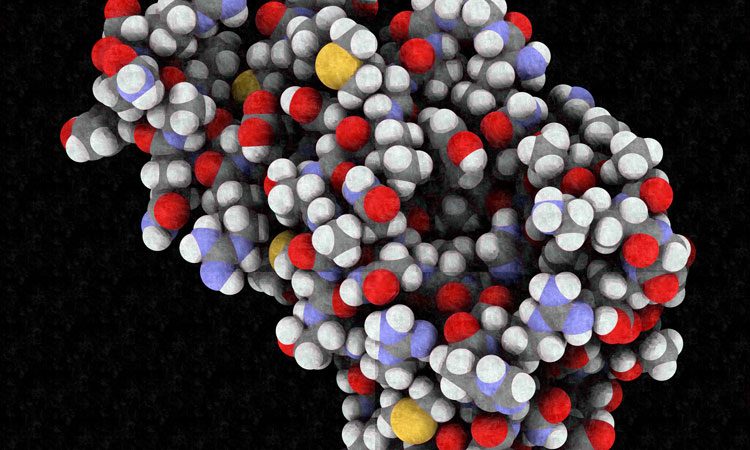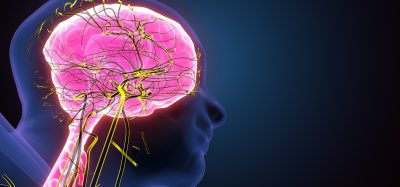Experimental treatment slows prion disease
Posted: 5 August 2019 | Rachael Harper (Drug Target Review) | No comments yet
A new experiment has not only slowed the progression of the prion disease, scrapie, it also extended the lives of prion-infected mice

National Institutes of Health scientists and their colleagues have slowed the progression of scrapie (a degenerative central nervous disease caused by prions) in laboratory mice and extended the rodents’ lives using antisense oligonucleotides (ASOs), synthetic compounds that inhibit the formation of specific proteins.
The scientists carried out this study by injecting ASOs into the spinal fluid of mice already infected with scrapie or that were challenged with scrapie proteins within weeks of the injection. Specifically-designed ASO1 and ASO2 then reduced the rodents’ supply of normal prion protein. Rodent studies using different dosages of ASO1 and ASO2 were then conducted at Rocky Mountain Laboratories (RML) in Hamilton, Montana, and at the Broad Institute of Cambridge, Massachusetts.
RML scientists injected either ASO1 or ASO2 into mice 14 days prior to infecting them with scrapie, and then seven or 15 weeks after infection. Mice treated with ASO1 did not show clinical signs of disease for a median 250 days, or 82 percent longer than untreated mice (137 days), and they lived 81 percent longer than untreated mice (259 days versus 143 days).
Mice treated with ASO2 did not show clinical signs of disease for a median 272 days, or 99 percent longer than untreated mice (137 days), and they lived 98 percent longer than untreated mice (283 days versus 143 days).
In the Broad Institute experiments, mice received either ASO1 or ASO2 two weeks before infection with scrapie and then seven weeks after infection. Both ASOs delayed rodent weight loss. Mice treated with ASO1 and ASO2 both lived longer than untreated mice, by 61 percent (274 days versus 170 days) and 76 percent (300 days versus 170 days), respectively.
They also tested the ASOs against established prion disease, treating mice 17 weeks after they were infected with scrapie. Mice treated with ASO1 did not show signs of clinical disease for a median 189 days, or 33 percent longer than untreated mice (142 days). They also showed slower disease progression and lived 55 percent longer than untreated mice (244 days versus 157 days). ASO2 had no beneficial effect.
The scientists now plan to expand their scrapie ASO studies to human prion diseases
The report was published in JCI Insight.
Related topics
Analysis, Disease Research, Hit-to-Lead, Protein, Research & Development, Screening
Related conditions
scrapie
Related organisations
Broad Institute of Cambridge, National Institutes of Health







